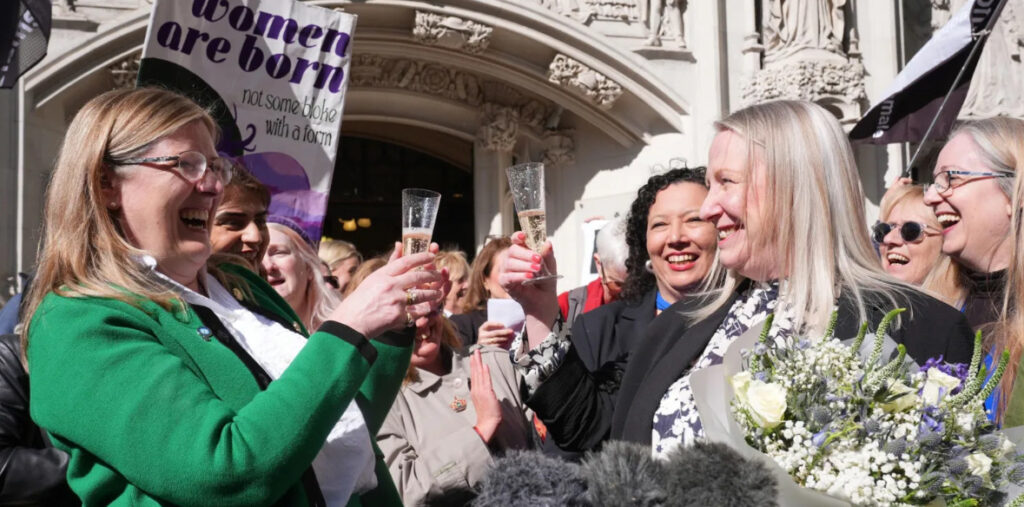The Equality and Human Rights Commission (EHRC) has warned that the NHS will be held accountable if it fails to update its policies on single-sex spaces, following a landmark UK Supreme Court ruling affirming that the legal definition of a woman is based on biological sex under the Equality Act.
Baroness Kishwer Falkner, Chairwoman of the EHRC, stated that public bodies, including the NHS and prisons, will soon receive updated statutory guidance. “We’ve been speaking to the health service for an inordinately long time—we will now be asking them when they will be updating their advice,” Falkner told BBC Radio 4. When asked if the EHRC would pursue the NHS for non-compliance, she replied: “Yes, we will.”
Supreme Court Rules ‘Woman’ Means Biological Female Under Law
The Supreme Court’s unanimous decision clarified that the term “woman” in the Equality Act refers strictly to biological sex. This ruling significantly limits the legal impact of a Gender Recognition Certificate (GRC), which now no longer changes a person’s legal sex for purposes related to single-sex spaces and services.
The EHRC said the updated legal code would affect a wide range of services including hospital wards, changing rooms, domestic abuse refuges, and women-only toilets. Transgender women, even those with a GRC, will not have a legal right to access services designated for biological females.
EHRC Calls for Third-Space Facilities as a Fair Alternative
Baroness Falkner encouraged trans rights advocates to campaign for the introduction of “third space” facilities that could serve as inclusive alternatives. She noted: “Single-sex services like changing rooms must be based on biological sex. If a male person is allowed to use it, it’s no longer a single-sex space.”
However, she also emphasised the importance of respecting the rights of trans individuals: “It’s a victory for common sense only if you recognise that trans people exist, they have rights, and those rights must be respected.”
GRCs Still Hold Value, But Future Legal Tests Expected
While some have questioned the continued relevance of GRCs, Falkner insisted they are still important, adding: “We don’t believe they are worthless—we think they’re quite important.” She acknowledged that future legal cases may test the efficacy of GRCs in practice.
The EHRC aims to publish its new guidance by summer 2025, which could also impact women’s sports. Several major athletic bodies have already implemented bans or restrictions on transgender participation in elite female categories.
Political and Public Reactions Highlight Deep Divisions
Conservative Minister Kemi Badenoch said the government was considering reviewing gender laws to ensure clarity, stating that legislation must “prevent discrimination, not enable social engineering.” Meanwhile, critics like Scottish Greens MSP Maggie Chapman warned the ruling could “stoke culture wars” and lead to increased marginalisation of trans people.
Health Minister Karin Smyth said the government would ensure all public services are “fully compliant” with the law while reaffirming a commitment to respect dignity, privacy, and rights for everyone. “Now is the time to ensure that rights are clear and providers comply with the law,” she said.


